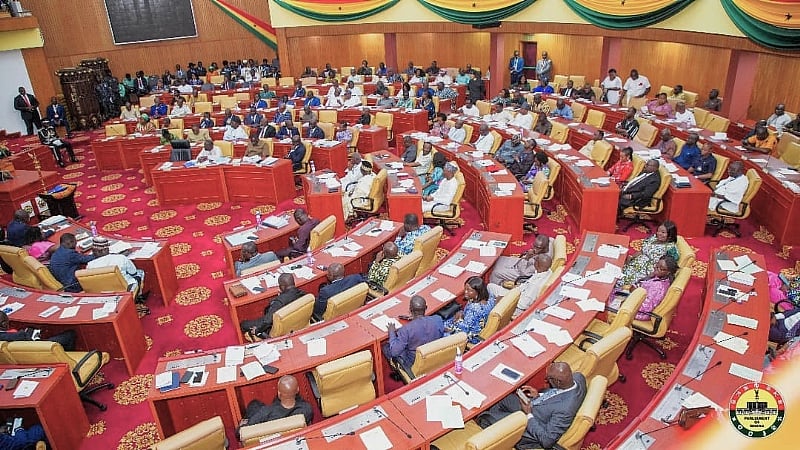Ghana’s Parliament has taken a decisive step towards enhancing fiscal responsibility and transparency in public procurement by passing the Public Procurement Authority Amendment Bill 2025. This landmark legislation aims to curb the pervasive issue of financial commitments exceeding approved budgetary allocations, a practice that has contributed significantly to the accumulation of arrears and undermined the nation’s financial stability. The core provision of the amendment mandates written authorization from the Finance Minister for all government-funded procurements, ensuring that contracts are awarded only when corresponding funds are available. This measure is expected to reinforce financial accountability and prevent the unsustainable practice of incurring obligations without the means to meet them.
The amendment addresses a critical flaw in the previous procurement process, where contracts were often awarded without adequate consideration for their financial implications. This practice led to a mounting burden of arrears, hindering the government’s ability to manage its finances effectively and deliver essential services to the citizenry. By requiring the Finance Minister’s explicit approval, the new legislation introduces a crucial check and balance, ensuring that procurement decisions are aligned with the overall budgetary framework and preventing the accumulation of further debt. This proactive approach is expected to promote fiscal discipline and contribute to a more sustainable and responsible management of public funds.
Finance Minister, Dr. Cassiel Ato Forson, championed the amendment, highlighting its importance in tackling the persistent challenge of arrears accumulation. He underscored the need for a robust mechanism to ensure that contracts are awarded only when adequate funding is secured. This, he argued, would prevent the government from incurring unsustainable financial obligations and promote greater transparency and accountability in public procurement processes. The Minister’s emphasis on the direct link between unauthorized procurements and the accumulation of arrears reinforces the significance of the amendment as a necessary measure to restore fiscal discipline and strengthen the nation’s financial standing.
The requirement for written authorization from the Finance Minister introduces a significant shift in the dynamics of public procurement in Ghana. It empowers the Finance Ministry to exercise greater oversight over government spending, ensuring that procurement decisions are aligned with the national budget and fiscal priorities. This enhanced control is expected to curb the practice of awarding contracts without proper financial backing, thus minimizing the risk of accumulating further arrears. The amendment also promotes transparency by establishing a clear and documented process for approving government-funded procurements, making it easier to track and monitor public expenditure.
The new legislation is anticipated to have far-reaching implications for the management of public funds in Ghana. By introducing a more stringent and accountable system of procurement, it aims to create a more fiscally responsible and transparent environment for government operations. The requirement for the Finance Minister’s written approval will not only prevent the accumulation of arrears but also encourage more prudent and strategic decision-making in public procurement. This, in turn, is expected to improve the efficiency and effectiveness of government spending, maximizing the impact of public funds on development and service delivery.
Beyond the immediate financial benefits, the Public Procurement Authority Amendment Bill 2025 represents a significant step towards strengthening good governance and promoting public trust. By enhancing transparency and accountability in the procurement process, the legislation fosters a culture of responsibility and integrity in the management of public resources. This is crucial for building public confidence in government institutions and ensuring that public funds are utilized effectively for the benefit of all citizens. The amendment, therefore, signifies a commitment to fiscal prudence, responsible governance, and the sustainable development of Ghana.


